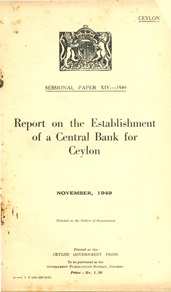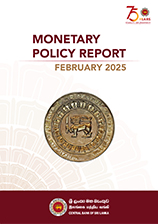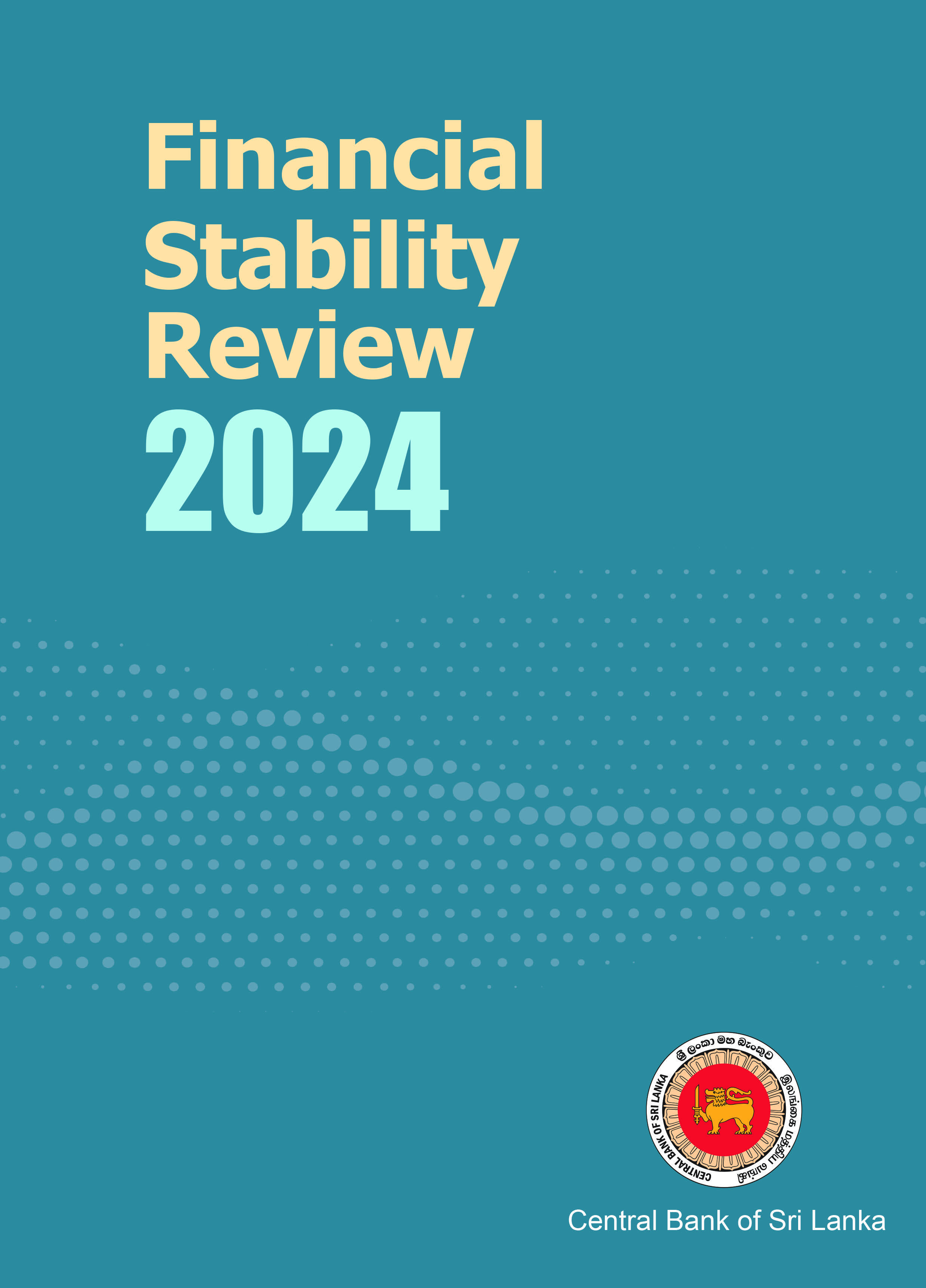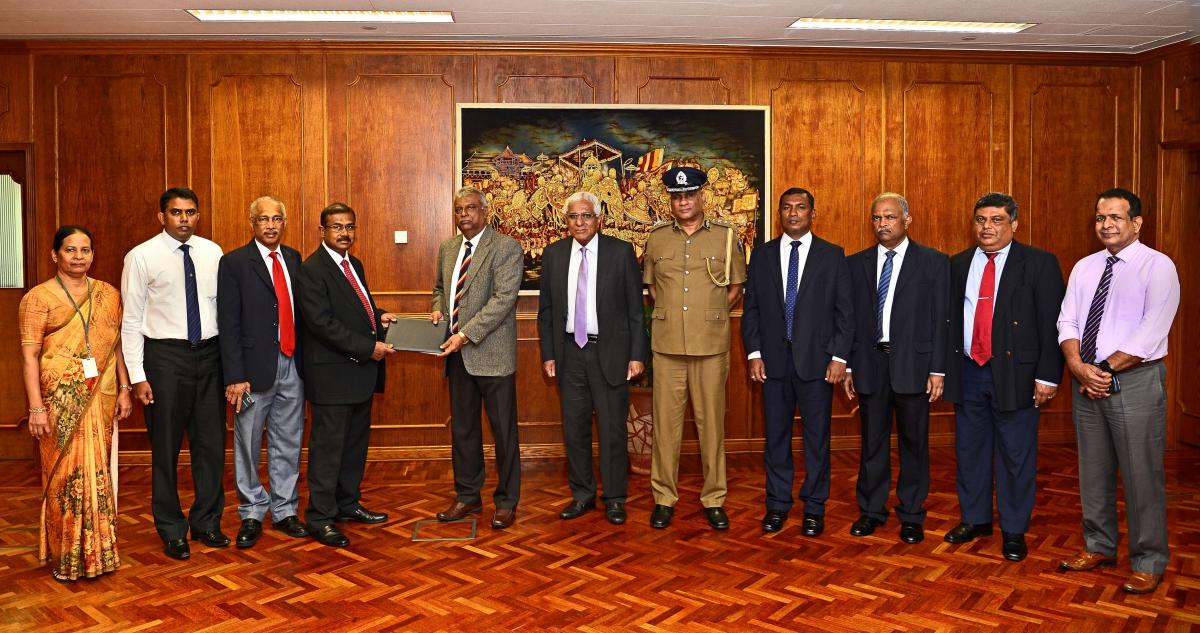Sri Lanka Prosperity Index (SLPI), increased to 0.783 in 2018 from 0.548 recorded in 2017. All three sub-indices of SLPI, namely ‘Economy and Business Climate’, ‘Well-being of the People’ and ‘Socio-Economic Infrastructure’ contributed to this increase.
Economy and Business Climate sub-index improved mainly due to price stability and increase in informal sector wages during 2018. With regard to the sub-index of Well-being of the People, major improvements were recorded in the aspects of health facilitation, quality of education, wealth of people and purity of the environment. Socio-Economic Infrastructure sub-index also increased slightly during 2018 mainly due to the improvements in availability of electricity, transportation, and Information and Communication Technology (ICT) facilities and pipe borne water quality.











 In terms of the provisions of the Financial Transactions Reporting Act, No. 6 of 2006 (FTRA), the Financial Intelligence Unit (FIU) of Sri Lanka entered into an agreement with INTERPOL National Central Bureau for Sri Lanka (NCB Colombo) on October 11, 2019 at the Central Bank of Sri Lanka to obtain direct access to the INTERPOL Information System.
In terms of the provisions of the Financial Transactions Reporting Act, No. 6 of 2006 (FTRA), the Financial Intelligence Unit (FIU) of Sri Lanka entered into an agreement with INTERPOL National Central Bureau for Sri Lanka (NCB Colombo) on October 11, 2019 at the Central Bank of Sri Lanka to obtain direct access to the INTERPOL Information System.